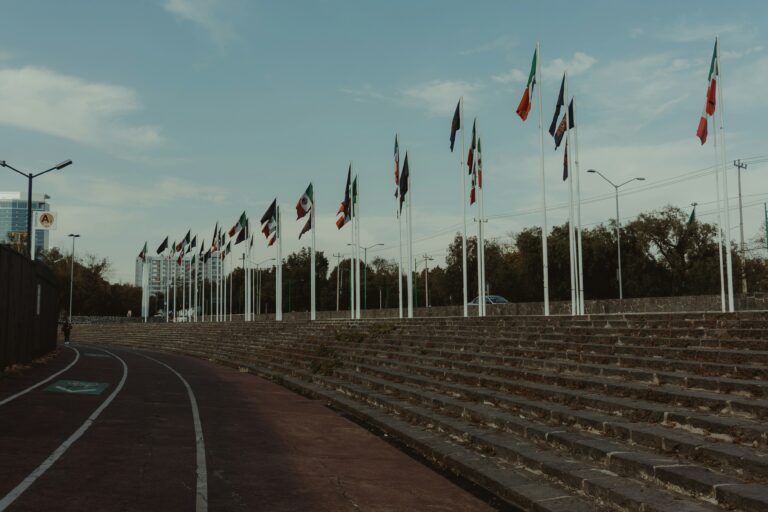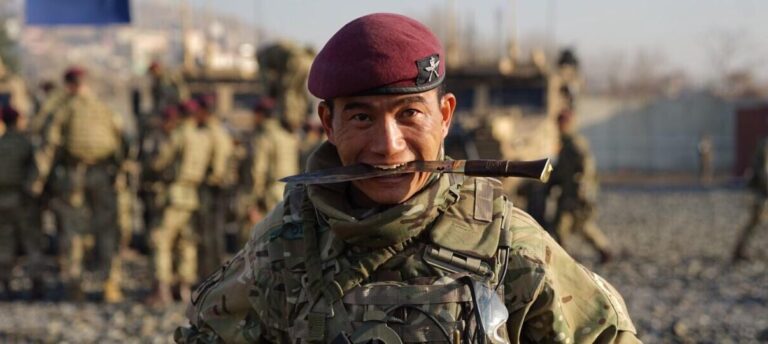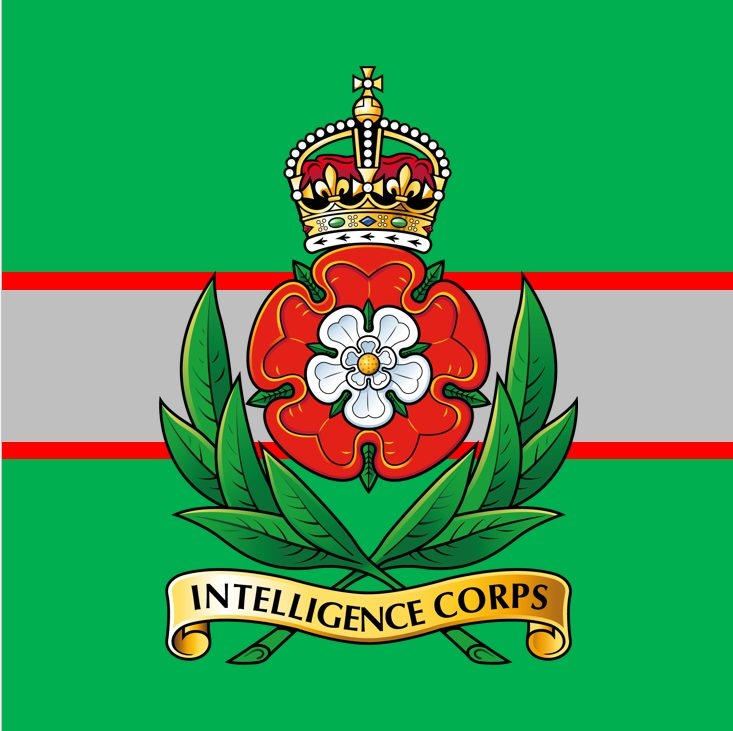Cyber Warfare Specialists
Introduction
In today’s world, wars aren’t just fought with bullets and bombs—they’re fought in cyberspace. From defending critical infrastructure to launching covert digital operations, Cyber Warfare Specialists in the British Armed Forces protect the nation’s networks and disrupt enemy capabilities using lines of code rather than lines of fire.

As cyber threats from hostile states and criminal groups grow more sophisticated, these highly skilled professionals serve as the first and last line of defence against attacks that could cripple the economy, military command systems, or even national power grids.
Overview of the Role
Cyber Warfare Specialists are trained personnel who detect, analyse, and counter digital threats against the UK and its military infrastructure. They also carry out offensive cyber operations when authorised.
Their duties include:
- Network defence and monitoring
- Malware and intrusion detection
- Cyber forensics and intelligence gathering
- Secure communications engineering
- Offensive cyber operations (e.g. DDoS, system disruption)
- Support to combat units in hostile theatres
- Cyber incident response and recovery
They work in secure facilities across the UK and abroad, often supporting Joint Forces Cyber Group or collaborating with GCHQ, MI5, or international allies.
Where They Serve
Cyber specialists are employed across all branches:
- British Army
- Royal Signals, Intelligence Corps, or Cyber and Electromagnetic Activities (CEMA) units
- 13 Signal Regiment (dedicated cyber unit)
- Royal Air Force
- RAF Information Services, Cyber Defence Operations at RAF Digby and RAF Wyton
- Royal Navy
- Fleet Intelligence Units and cyber cells at HMS Collingwood, Northwood HQ, and aboard vessels
- Defence Cyber Operations Group (DCOG)
- Part of Strategic Command, coordinating tri-service cyber responses
- National Cyber Force (NCF)
- Joint GCHQ-MOD task force based in the North West of England

Skills and Tools
Cyber Warfare Specialists may use:
| Category | Tools/Technologies |
|---|---|
| Defensive | Firewalls, intrusion detection systems (IDS), SIEMs |
| Offensive | Exploit kits, social engineering scripts, malware payloads |
| Forensics | Memory analysis, disk imaging, file carving tools |
| Programming | Python, C, PowerShell, Bash |
| Networking | TCP/IP, DNS, encryption protocols |
| Hacking Platforms | Kali Linux, Metasploit, Wireshark, Burp Suite |
| AI/ML Tools | Threat pattern detection, automated scanning |
A deep understanding of system architecture, operating systems (especially Linux and Windows Server), and secure coding is essential.
Real-World Missions
Cyber Warfare Specialists are deployed in operations such as:
- Protecting critical UK infrastructure (power grids, satellites, air traffic)
- Monitoring Russian, Chinese, and Iranian cyber activity
- Counter-ISIS operations disrupting recruitment and comms
- Supporting NATO missions in Eastern Europe
- Digital defence of deployed forces in Iraq, Syria, Africa
- Tracking ransomware groups and hostile APTs
- Assisting counter-terror operations with cyber intelligence
In 2020, the UK revealed that the National Cyber Force was behind successful operations to disable ISIS networks and disrupt state-sponsored cyber attacks.

Entry Requirements
| Path | Requirements |
|---|---|
| Direct Entry | GCSEs (maths, science), some roles require A-Levels or a degree in STEM |
| Lateral Transfer | Serving personnel with IT skills can retrain |
| Graduate Entry | Degree in cyber security, computer science, or digital forensics |
| Apprenticeship Route | Offered by the Army and RAF through MOD’s Cyber Apprenticeship Programme |
| Security Clearance | Mandatory due to the sensitive nature of the work |
Desirable traits include:
- Logical thinking
- Curiosity and patience
- High ethical standards
- Strong attention to detail
- Ability to learn quickly and adapt
Training Path
- Basic Training
- Military induction (e.g., Pirbright, Halton, Raleigh)
- Fitness, fieldcraft, military law, weapon handling
- Trade Training
- Cyber-specific courses at:
- Royal School of Signals (Blandford)
- RAF No.1 Radio School (Cosford)
- Defence Academy (Shrivenham)
- Cyber-specific courses at:
- Advanced Training & Certification
- Ethical hacking
- Network security
- Cryptography
- Social engineering tactics
- Cyber defence exercises (“Red Team vs Blue Team”)
- Cyber qualification pathways such as:
- CompTIA Security+ / Network+
- Cisco (CCNA Security)
- GIAC certifications
- Certified Ethical Hacker (CEH)
- CISSP or OSCP (for advanced roles)

Career Progression
| Rank | Role |
|---|---|
| Trainee / Analyst | Monitors systems and investigates threats |
| Cyber Specialist | Configures tools, responds to incidents |
| Senior Analyst | Leads investigations and develops mitigation |
| Cyber Ops Lead | Coordinates teams and offensive missions |
| Cyber Engineering Officer | Strategic planner and liaison to GCHQ |
| Director, Cyber Operations | MOD-level policy and international coordination |
There are also opportunities to specialise in:
- Digital Forensics
- Cyber Intelligence and HUMINT fusion
- Cyber Threat Hunting
- AI & Machine Learning applications
- Offensive Cyber Capabilities (OCC)
- Quantum computing research (emerging)

Pay and Perks
| Role | Salary Range |
|---|---|
| Trainee | £18,000–£23,000 |
| Cyber Specialist | £25,000–£35,000 |
| Senior NCO/Officer | £40,000–£65,000 |
| Civilian Transition | £50,000–£120,000+ in private sector |
Other benefits:
- Annual cyber retention bonuses
- Fully funded tech certifications
- Fast-track promotion
- Postings in UK, USA, Cyprus, Germany, etc.
- High security clearance prestige
- Strong crossover into national intelligence work
Civilian Career Options
Cyber Warfare Specialists are highly desirable in the civilian world, especially with MOD clearances.
Common roles after military service include:
- Cyber Security Analyst (e.g. BT, BAE Systems, Amazon, PwC)
- Penetration Tester / Ethical Hacker
- Cyber Threat Intelligence Analyst
- Incident Response Manager
- Information Assurance Officer
- Forensic Analyst (police or private)
- Consulting roles with Deloitte, IBM, Accenture
- GCHQ, NCSC, or MI5/MI6 roles
Unique Challenges
✅ Pros:
- Cutting-edge technology
- High-impact, real-world missions
- Excellent career development
- Transferable global skills
- Work that truly protects the nation
⚠️ Challenges:
- Intense workload and expectations
- Limited public recognition due to secrecy
- Mental fatigue from screen-based, detail-heavy work
- Constant need for retraining (tech evolves rapidly)
- Security clearance can limit career freedom
Conclusion
Cyber Warfare Specialists are the digital warriors of the modern age—working behind the scenes to safeguard the UK from espionage, sabotage, and cyberterrorism. In an era where entire wars can be won or lost online, their role is as critical as any battlefield commander or fighter pilot.
For those with technical curiosity, patriotic drive, and a desire to outsmart the enemy in cyberspace, this career offers a future-proof, intellectually thrilling path—one that keeps Britain safe without ever firing a shot.





